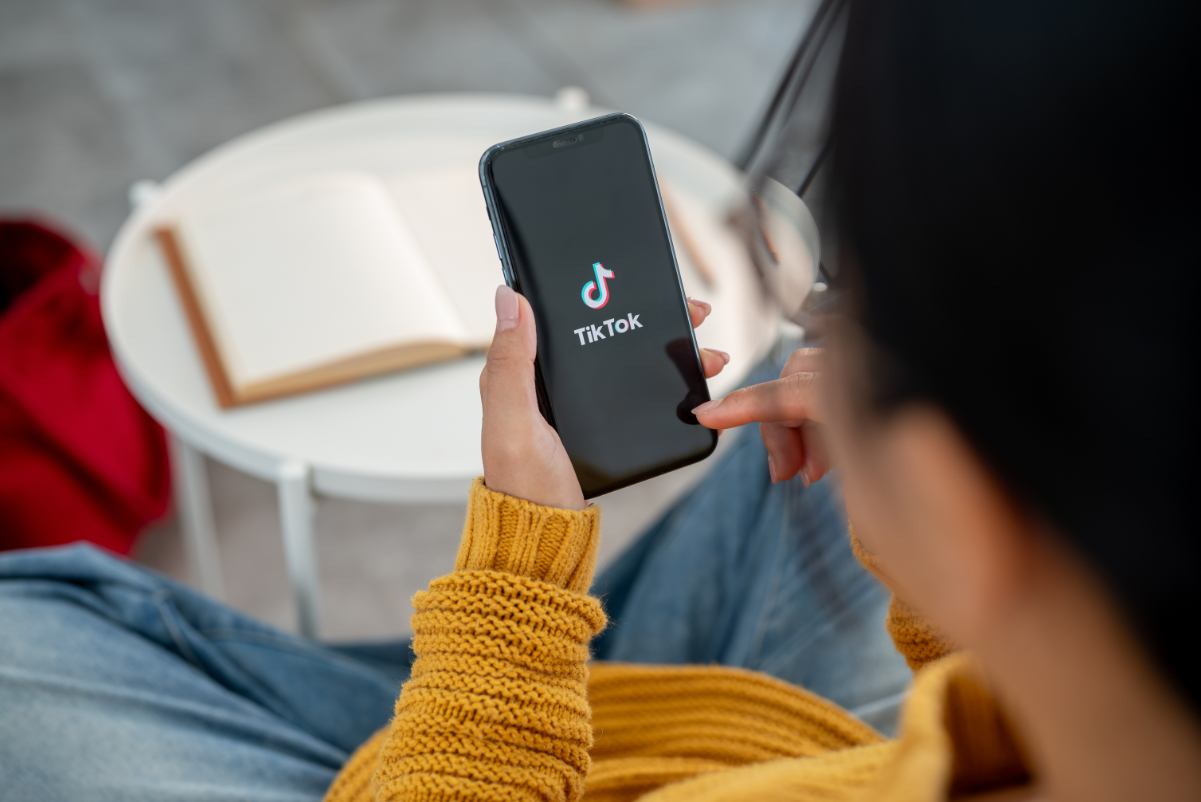TikTok Ban Upheld by U.S. Supreme Court: What it Means for Travel

Skift Take
The U.S. Supreme Court ruled against TikTok Friday in its challenge to a law banning the social media platform, unless its Chinese parent company Bytedance sells it to a U.S. based company.
The ban is expected to represent a significant setback for travel companies that have become increasingly dependent on the platform for customer acquisition.
The app’s prospects to continue to be available for download in the U.S. beyond Sunday are shrinking as ByteDance has publicly opposed a sale. But Donald Trump may be exploring unconventional ways to save the app, reported the Washington Post, such as issuing an executive order after he becomes President on Monday to attempt to delay enforcement of the law. Executive orders can't alter laws, however, and a sale or Congressional action would eventually still be needed.
What's Next for TikTok
The travel industry has found the app a valuable way to reach potential customers among the more than 170 million U.S. TikTok users. Yet the app has received scrutiny for potentially being a tool for Chinese spying or propaganda.
The Supreme Court Justices didn't agree with arguments that the law violates the free speech rights of either TikTok’s U.S. corporate entity or people using the social media platform.
TikTok has instructed its staff to prepare for a full shutdown for U.S. users on Sunday, according to The Information.
At Skift's 2025 Megatrends event in London this month, Skift’s Airlines Editor Gordon Smith asked TikTok’s Head of Travel, Hannah Bennett, what the company would say to a potential travel brand partner as a potential U.S. ban looms.
“Our position has always been the same: we believe any ban would be unconstitutional,” she said.
Travel Marketing Impact
The biggest losers of a U.S. TikTok shutdown would be travel companies targeting younger demographics. Brands like Sonder, Hotelbeds, Aloft, and Moxy, which explicitly target this demographic, would need to shift strategy.
Travel marketers may look to India for inspiration. India banned TikTok in 2020, and users' most popular replacements for TikTok have been Instagram Reels, YouTube Shorts, Moj, Chingari, ShareChat, Josh, and Roposo.
U.S. users would have several TikTok alternatives, with Instagram's Reels possibly being the primary alternative at first.
There may be a silver lining for the travel industry: A TikTok ban could accelerate innovation in travel marketing, similar to how Google's dominance eventually pushed companies to strengthen their direct channels. The most agile travel companies tend to be those that maintain strategic flexibility rather than over-indexing on any one source for customer acquisition.
A TikTok ban would come just as TikTok and other social media platforms like Instagram are also said to be working on enabling influencers to more directly support transactions, as noted in the Skift Megatrend for 2025.






